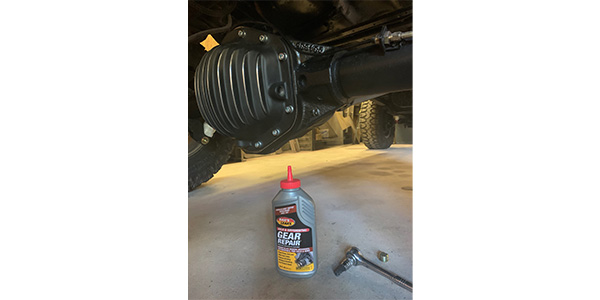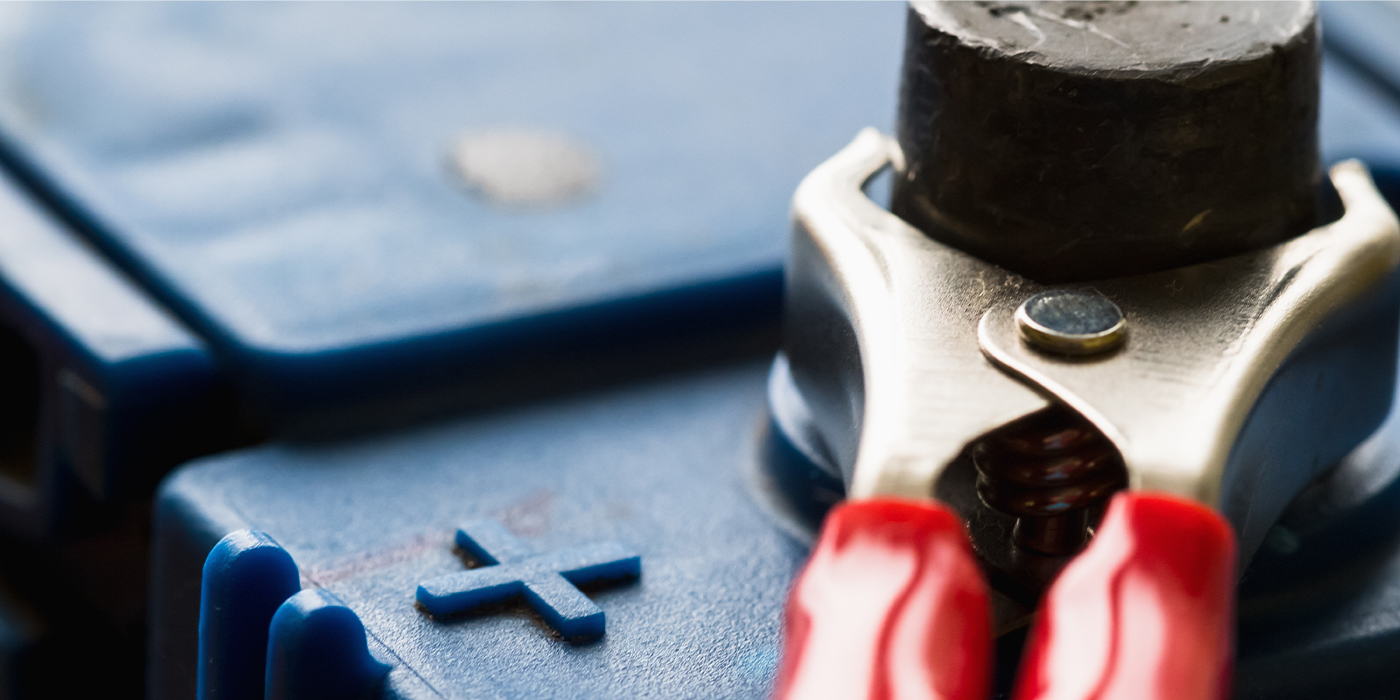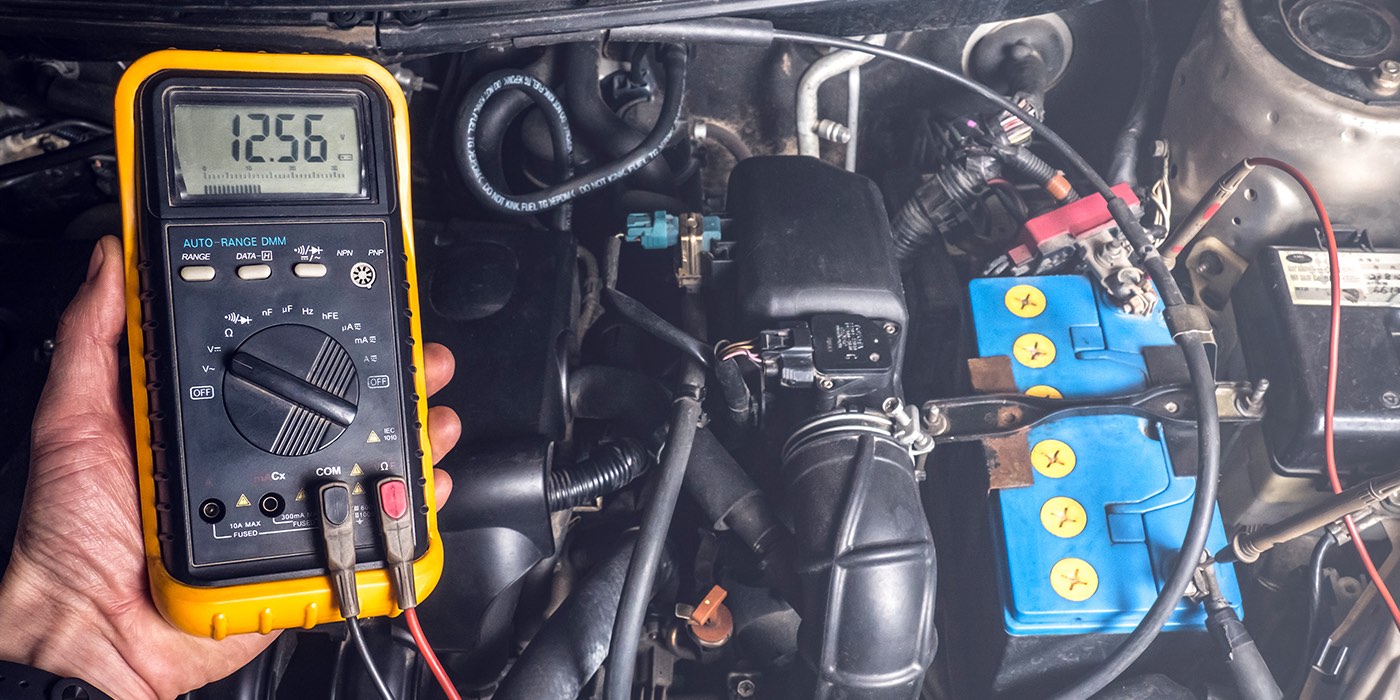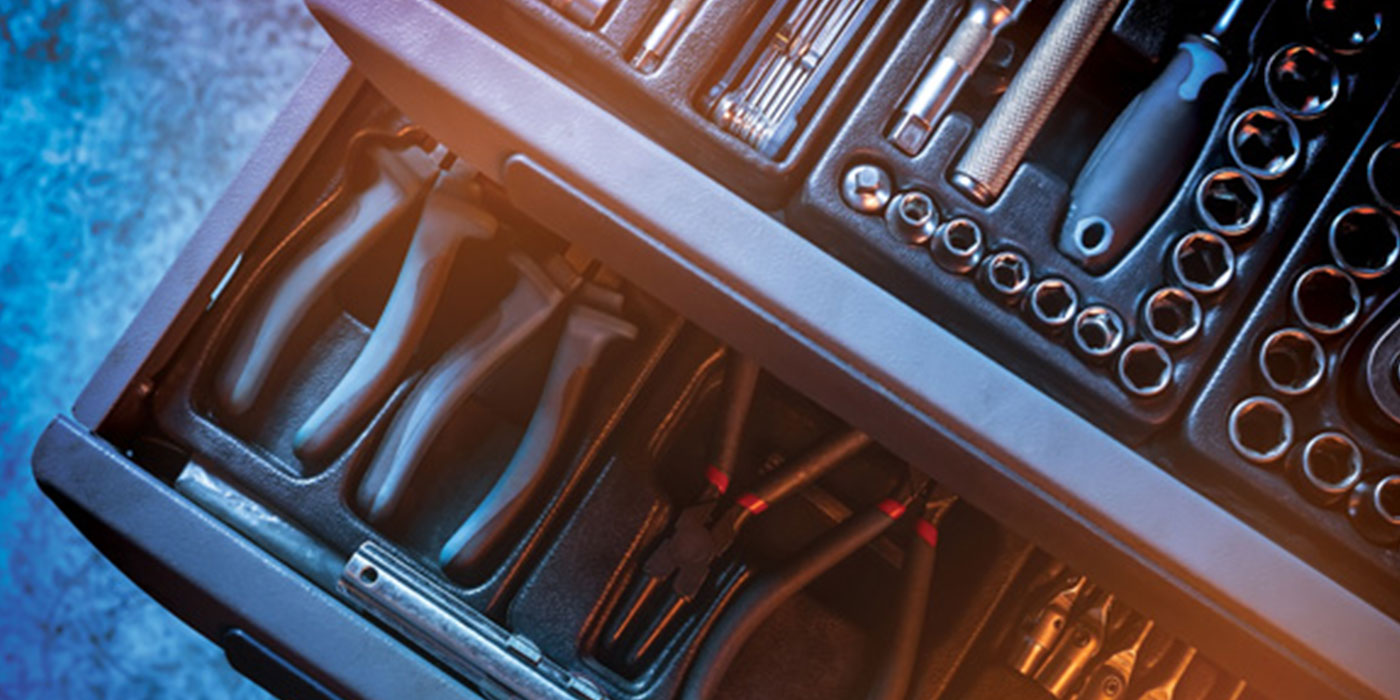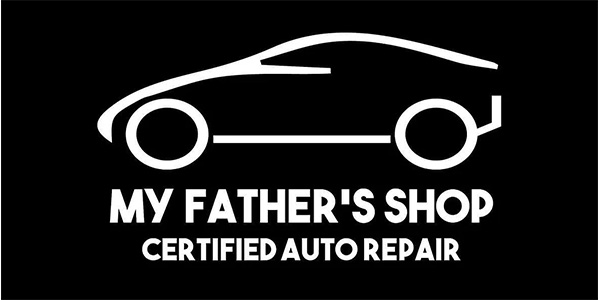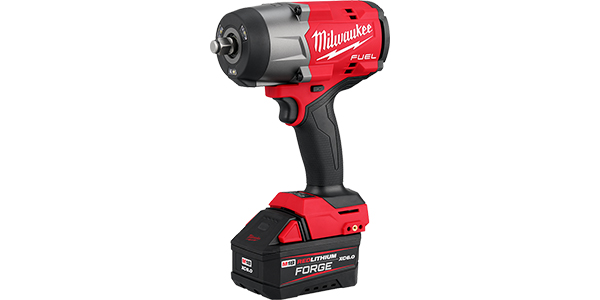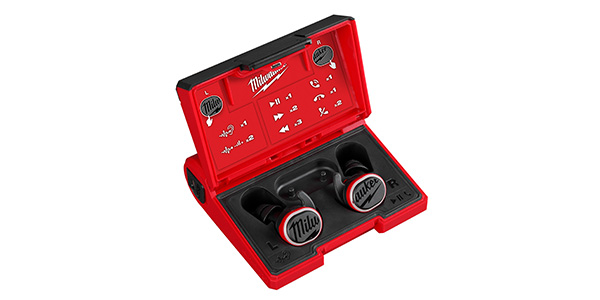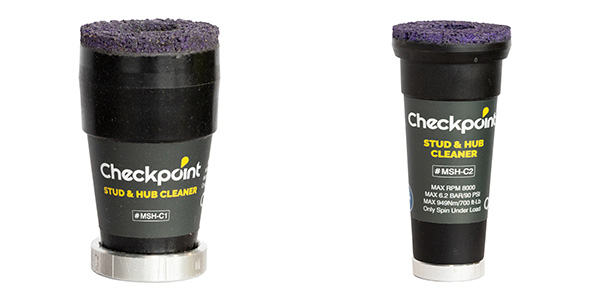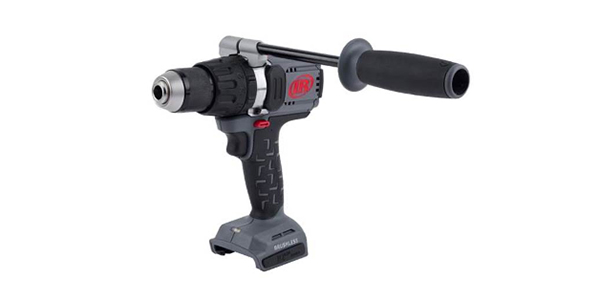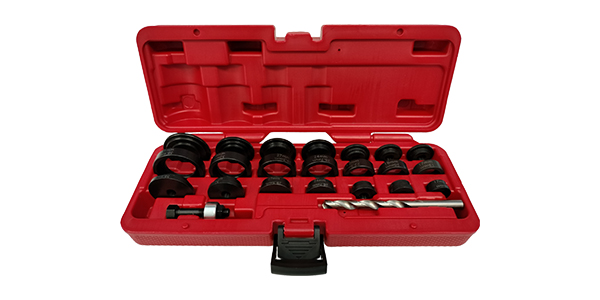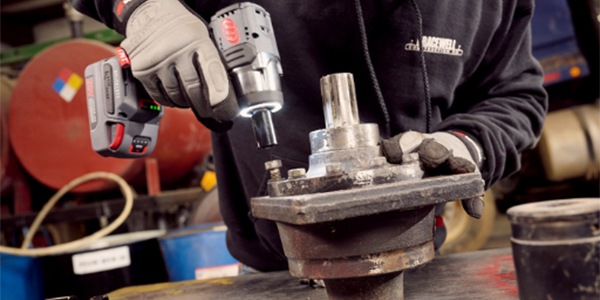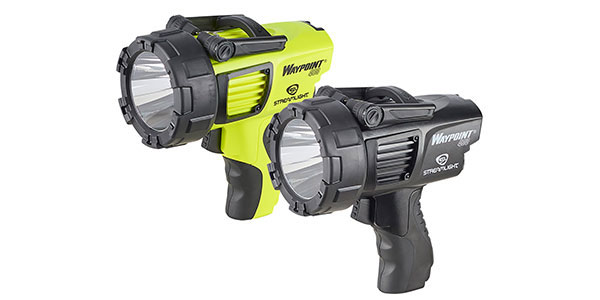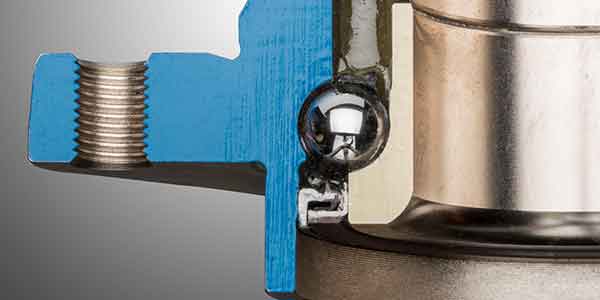Bar’s Leaks introduces Gear Repair, the industry’s first treatment additive designed to extend gear system life by stopping leaks, reducing noise and improving gear performance in automotive, heavy duty, agricultural, marine and industrial gear oils.
Differential/gear oil is an important lubrication fluids that vehicles use in day-to-day operation, yet most vehicle owners never service it. Over time, gear oil leaks can occur, resulting in improper lubrication and gearbox overheating. Grinding, clunking or a burning smell coming from a gearbox or differential are signs that the system is failing.
Bar’s Leaks Gear Repair (P/N 1816) revitalizes the gear fluid with a proprietary blend of fresh additives. The formula’s seal conditioner protects and reconditions seals, while extreme pressure anti-wear agents provide excellent metal-to-metal wear protection to reduce noise and temperatures. A friction modifier helps further reduce noise and wear to improve shifting in manual transmissions and stop chatter in limited slip positraction axles. A performance additive booster includes tackifier and highly sheer-stable multigrade viscosity modifiers to help keep oil on the gears and bearings where it can better lubricate. A pour point depressant ensures that Gear Repair will flow evenly at low temperatures.
Bar’s Leaks Gear Repair extends system life by stopping pinion, axle and other seal leaks, reducing friction and noise and improving gear performance. The additive also provides superior anti-wear, anti-foam and anti-corrosion protection.
“Gear systems are complicated, vital to a vehicle’s operation and include a lot of moving parts that can fail if not properly maintained,” says Clay Parks, VP of development, Bar’s Leaks. “Our Gear Repair solution stops leaks and enhances even the best gear oil, so the system works more efficiently and lasts longer. Stopping current leaks and preventing new ones from forming helps prevent damage to internal parts that could result in a costly repair.”
Bar’s Leaks Gear Repair works in all manual gearboxes, differentials and limited-slip axles. It is safe to use on differential axles, gears , transfer case, manual standard transmission, hubs and marine applications. Bar’s Leaks Gear Repair can bemixed with all synthetic and conventional petroleum and gear oil grades.
For more info: barsleaks.com

